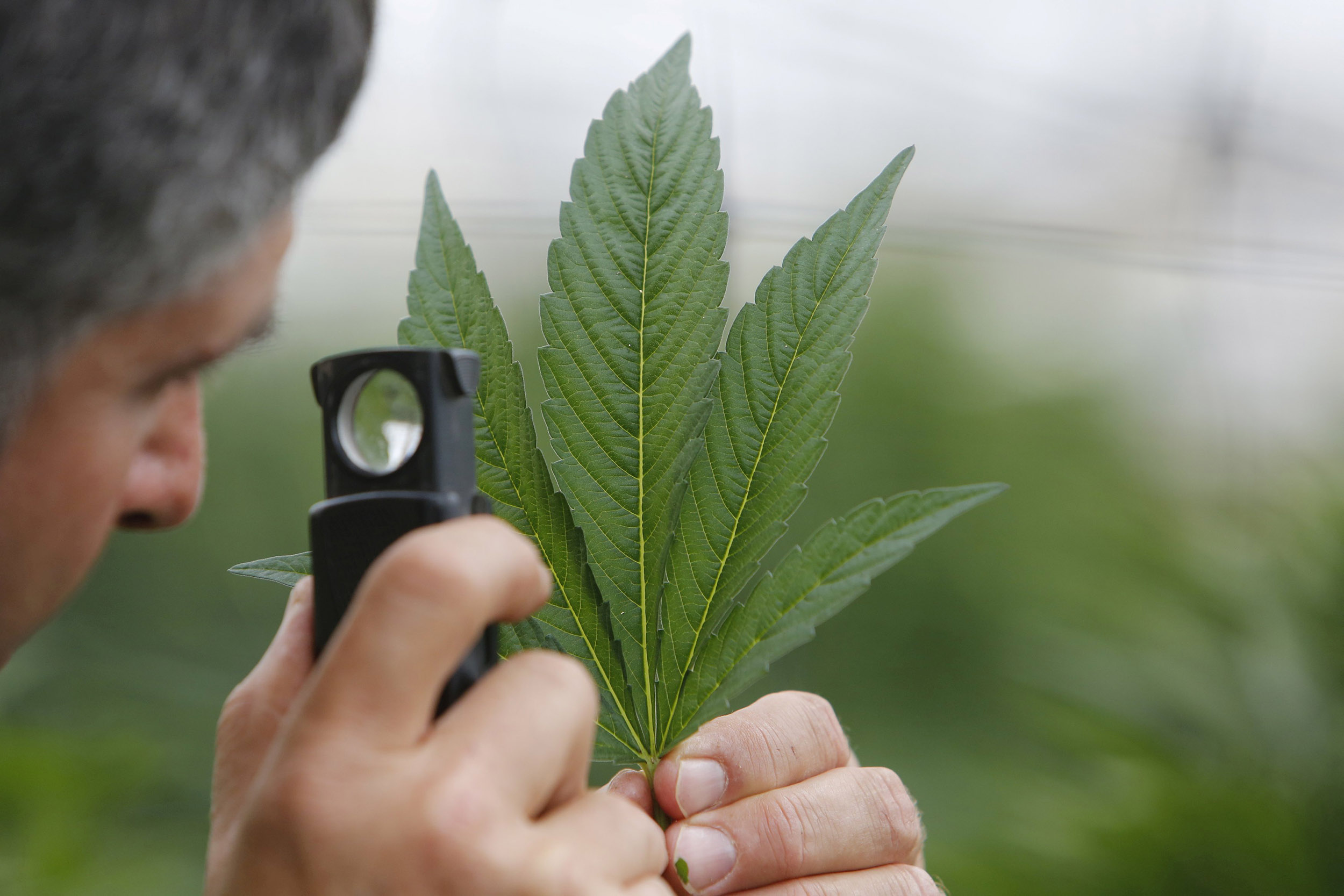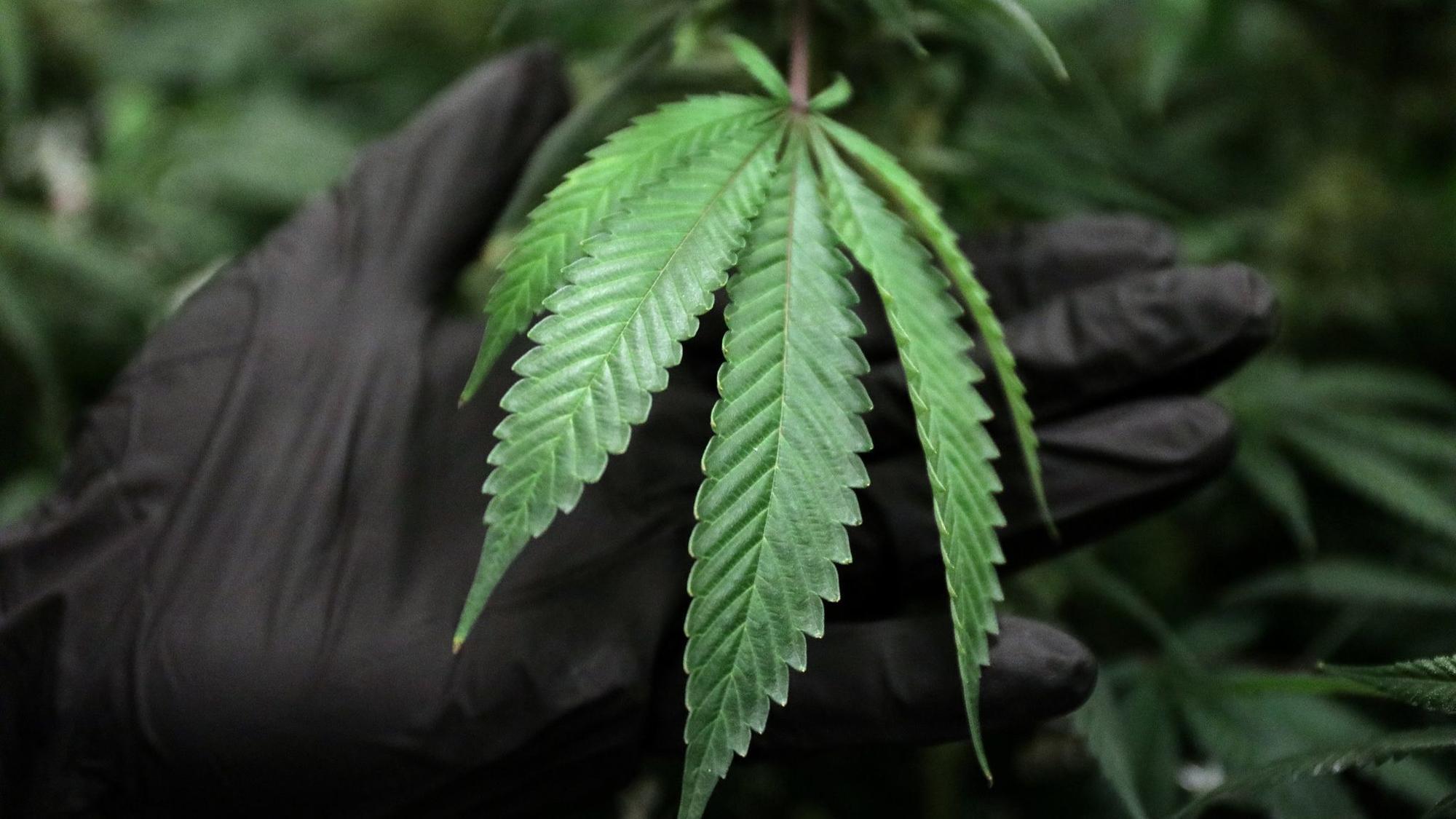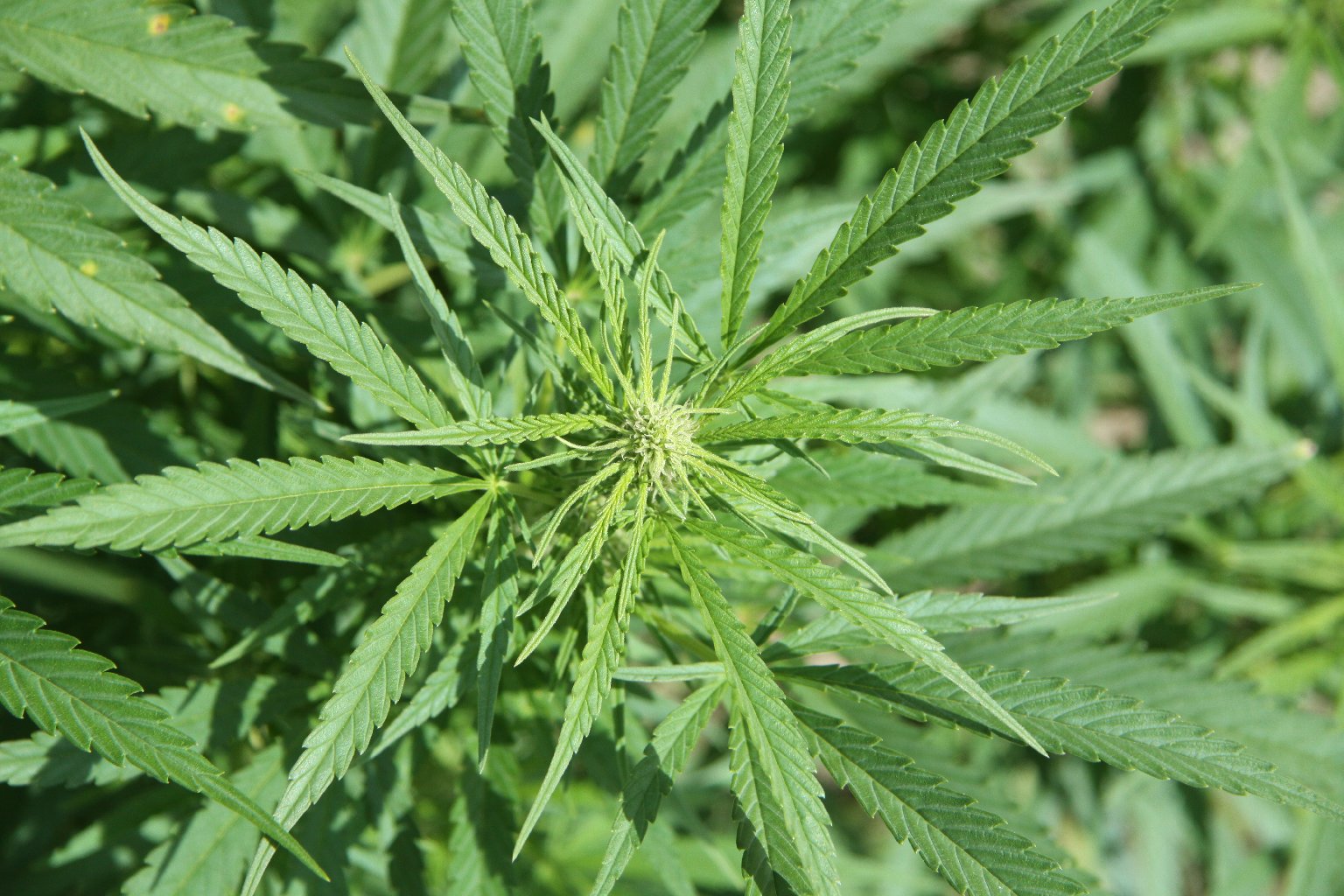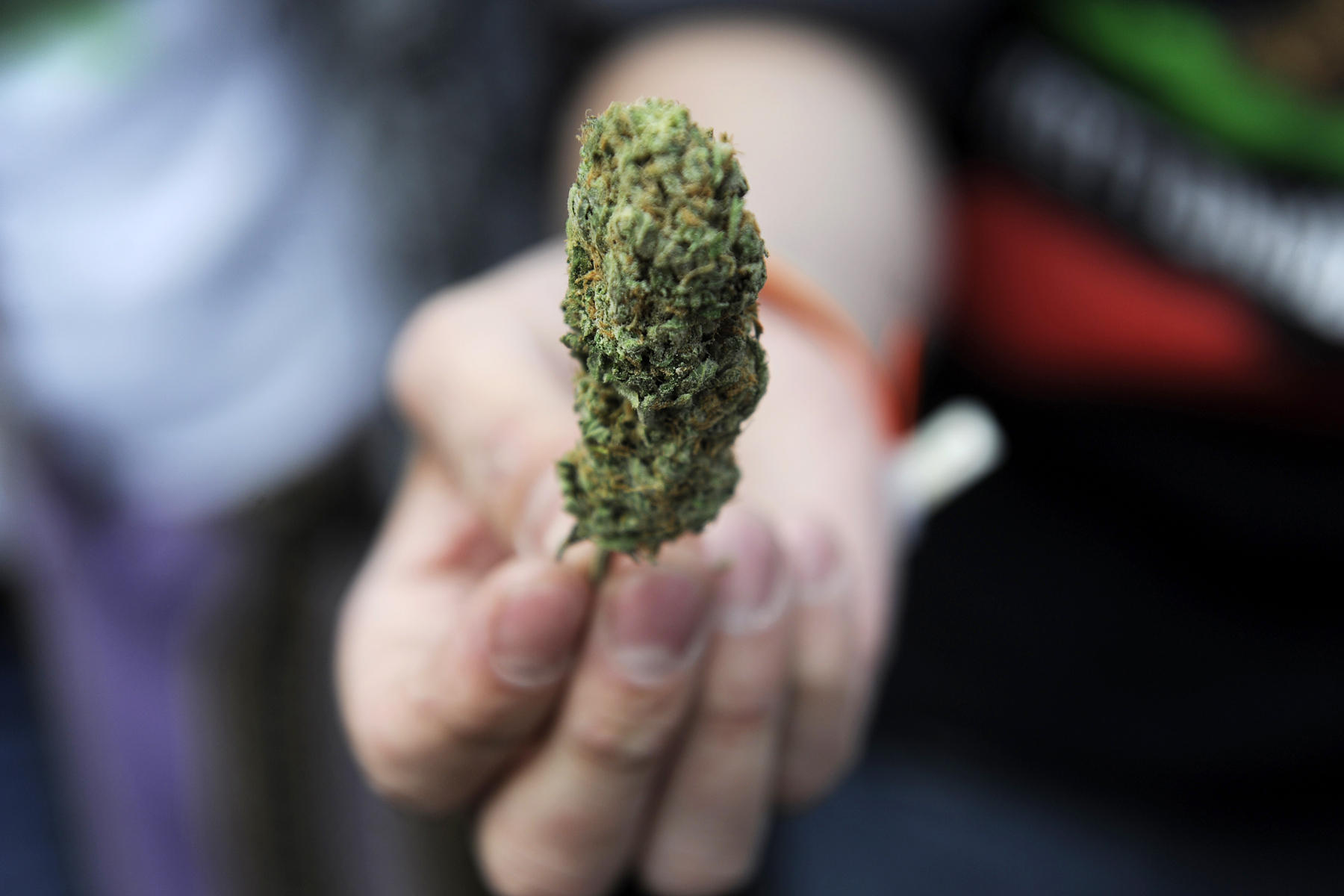Update: Lawmakers have approved legislation establishing a 19-member special legislative commission to assess marijuana legalization and make recommendations. The purpose of the commission is “to conduct a comprehensive review and make recommendations regarding marijuana and the effects of its use on the residents of Colorado and Washington to the extent available, and to study the fiscal impact to those states; and thereafter the potential impact on Rhode Island of legalized recreational marijuana.”
The commission will consist of three members of the House of Representatives, three members of the Senate, one member from Smart Approaches to Marijuana, the President of the Substance Use Mental Health Council of RI or a designee, a member from a pro-legalization organization, the Executive Director of the RI Medical Society or a designee, a member of a local chamber of commerce, the Director of the Department of Health or a designee, the President of the RI Police Chief’s Association or a designee, a designee of the RI Attorney General, a member representing the medical marijuana patients of Rhode Island, an educator in Rhode Island, a mental health professional, a criminal defense attorney, and the President of the RI AFL-CIO.
Several marijuana law reform advocacy groups opposed the measure because they believed it is simply an attempt by lawmakers to push back further debate regarding adult use marijuana legalization.
The bill now awaits final approval from the Governor.
Update: Sponsors have announced plans to amend their legislation in a manner that would legalize the possession of up to one ounce of cannabis, effective July 1, 2018. The amended legislation would also establish an advisory committee to issue a report to the General Assembly by January 1, 2018 with recommendations regarding how best to establish a system for taxing and regulating marijuana in Rhode Island. Sen. Miller said, “We are prepared to compromise in a significant way, but there must be progress on the issue this year. Our proposal balances the will of the majority of voters who want marijuana to be legal for adults while respecting colleagues who want to slow things down and get the regulations right.”
Update: Members of the House Judiciary Committee unanimously advanced H. 5551 on May 17, but failed to call The Adult Use of Cannabis Act for a vote. The study bill now awaits action on the House floor while H. 5555 is likely dead for this session.
Update: H. 5551, to establish a study commission to examine marijuana legalization, is scheduled to be heard May 12.
Update: The Senate version of The Adult Use of Cannabis Act was introduced on March 2. It is SB 420. (Seriously, it’s SB420.)
A coalition of Rhode Island lawmakers has reintroduced marijuana legalization legislation in the House, H. 5555: The Adult Use of Cannabis Act
The bill will allow adults 21 and older to possess cannabis and will establish a framework for businesses to cultivate and distribute marijuana. While the language is similar to that of previous bills that have failed to come to a vote, lawmakers this year believe that Rhode Island is ready to catch up to its northeast neighbors.
A majority of Rhode Island residents, about 60 percent, support legalization and Jared Moffat, Director of Regulate Rhode Island, believes: “It’s time for Rhode Island to look very seriously at this issue and pass a bill. Otherwise, we risk falling behind those other states.”
Enter your information below and urge the Governor to sign the legalization bill.












